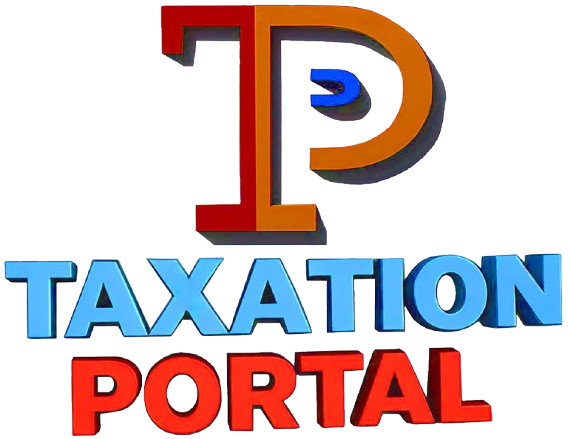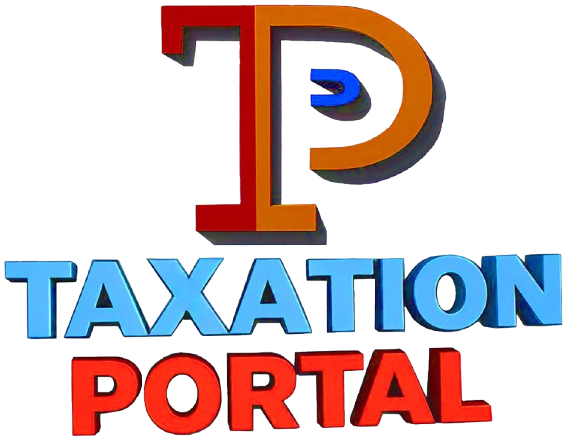
Professional Tax is a state-level tax levied on income earned by individuals through employment or by practicing a profession, trade, or calling. Unlike Income Tax (which is central), professional tax is governed by individual state governments in India.
Key things to understand about Professional Tax
State-Specific
Professional Tax is not uniformly applicable across all states in India. Each state that levies professional tax has its own Act, rules, slab rates, and collection mechanisms. Some states that levy professional tax include Maharashtra, Karnataka, Gujarat, Tamil Nadu, West Bengal, Andhra Pradesh, Telangana, Kerala, Madhya Pradesh, Bihar, Assam, Meghalaya, Odisha, and Tripura. Notably, Delhi does levy professional tax, but its applicability and rates are often different compared to other states.
Who is Liable to Pay?
- Salaried Employees: In most states where it’s applicable, employers are responsible for deducting professional tax from the salaries of their employees (if their income crosses a certain threshold) and depositing it with the state government.
- Self-Employed Individuals: Professionals (e.g., doctors, lawyers, chartered accountants, consultants, freelancers), business owners (sole proprietors, partners, directors), and certain entities (companies, LLPs, HUFs) carrying on a trade or profession are required to pay this tax directly to the state government if their income exceeds the prescribed limit.
Maximum Limit
Article 276 of the Indian Constitution caps the maximum professional tax that can be levied by any state at ₹2,500 per annum.
Types of Certificates
- Professional Tax Registration Certificate (PTRC): This is obtained by employers who are responsible for deducting professional tax from their employees’ salaries and remitting it to the government.
- Professional Tax Enrolment Certificate (PTEC): This is obtained by individuals (self-employed professionals or business owners) who are directly liable to pay professional tax on their own income.
Benefits of Professional Tax Registration (where applicable)
Legal Compliance
Avoids penalties, fines, and legal action for non-compliance.
Deduction from Taxable Income
The amount of professional tax paid can be claimed as a deduction under Section 16(iii) of the Income Tax Act, 1961, reducing your overall taxable income.
State Revenue for Development
The collected tax contributes to the state government’s revenue, which is used for various welfare and development programs.
Business Credibility
Demonstrates adherence to statutory obligations.
Process for Professional Tax Registration (General Steps, varies by state)
The process is usually online through the respective state’s Commercial Taxes Department or Treasury website.
Determine Applicability
First, ascertain if professional tax is applicable to your business or profession in your specific state/city and if your income/turnover falls within the taxable limits.
Identify Certificate Type
Decide whether you need a PTEC (for self-employed) or PTRC (for employers).
Gather Documents
Common documents include:
- PAN Card of the applicant/entity.
- Aadhaar Card/Identity Proof of proprietor/partners/directors.
- Address Proof of business premises (rent agreement, electricity bill, etc.).
- Certificate of Incorporation / Partnership Deed / LLP Agreement (for entities).
- Bank account details (cancelled cheque, bank statement).
- List of directors/partners with their details.
- Salary details and number of employees (for PTRC).
- Board Resolution/Consent letter (for companies/LLPs).
- Photographs of applicant/directors.
- Shop & Establishment Act certificate (if applicable).
Online Application
- Visit the official portal of the Commercial Taxes Department of your state.
- Register as a new user.
- Fill out the application form (usually Form I for PTRC, Form II for PTEC).
- Upload scanned copies of required documents.
- Pay the applicable registration fees (usually nominal).
Verification and Issuance
- The department scrutinizes the application and documents.
- An inspection might be carried out for some businesses.
- Upon approval, the Professional Tax Registration Certificate will be issued, usually online.
Payment and Returns
Payment Frequency
Professional tax is usually paid monthly, quarterly, or annually, depending on the state and the amount of tax involved. Employers typically deposit the collected tax monthly.
Return Filing
Employers and self-employed individuals are required to file professional tax returns periodically (monthly, quarterly, or annually) in the prescribed format, submitting details of deductions/payments made.
Penalties for Non-Compliance
Failure to register or remit professional tax on time can attract penalties, which may include:
- Daily penalty for not obtaining registration.
- Interest on delayed payments.
- Fixed penalties for late filing of returns.
- Prosecution in serious cases.
it’s essential to confirm the current professional tax obligations for your specific business type and whether you need to register. Get consult from our tax experts.

